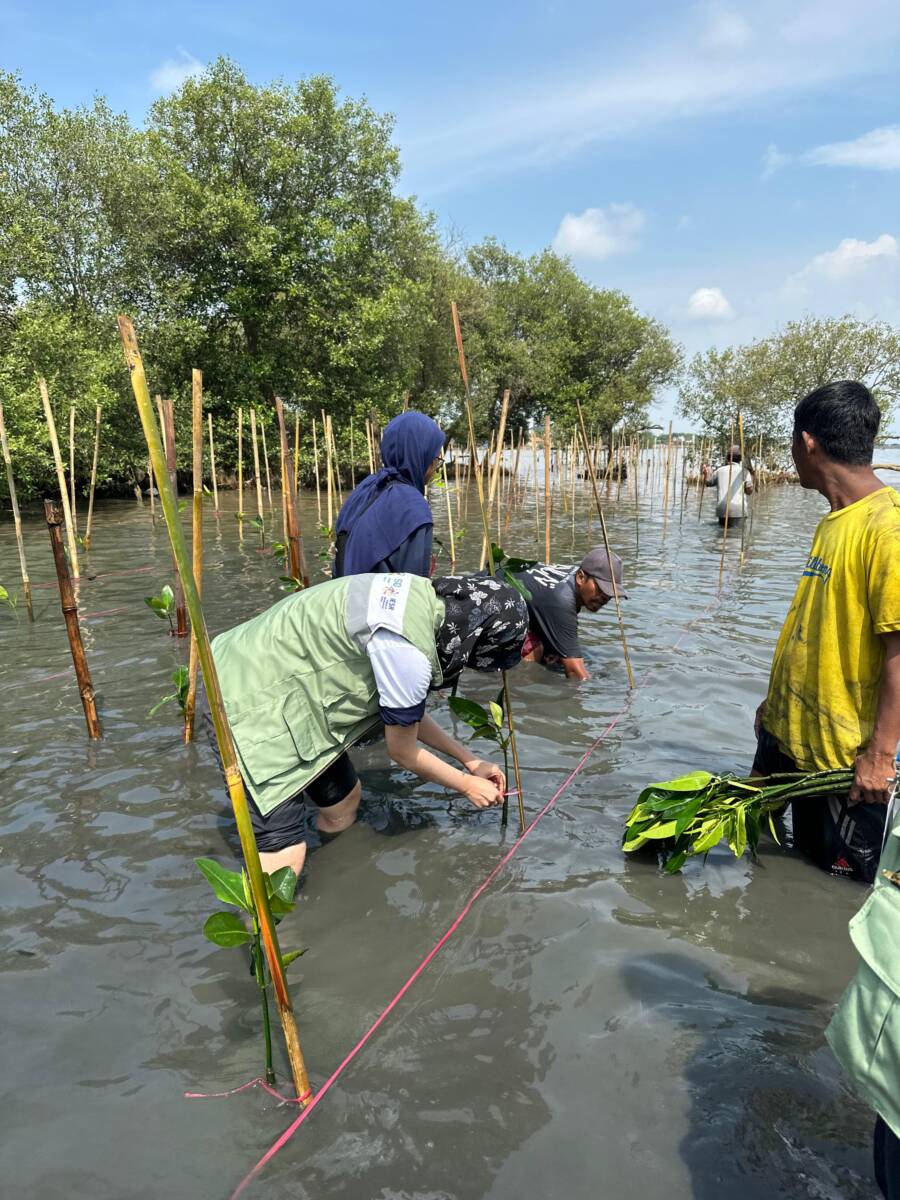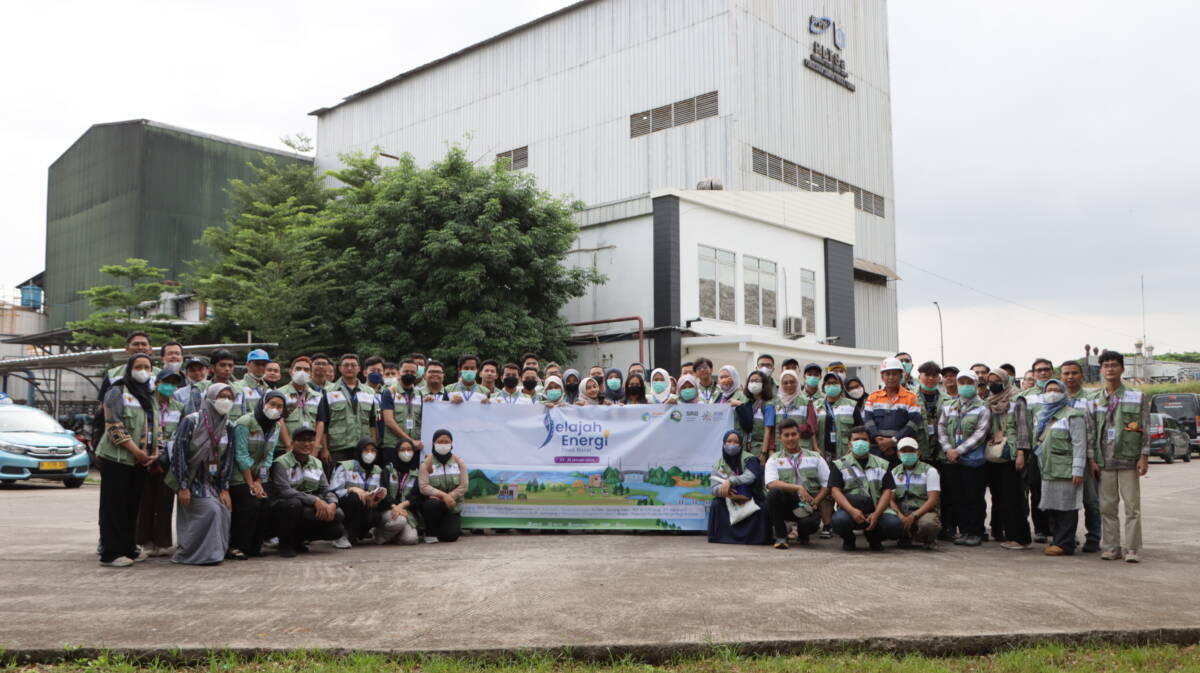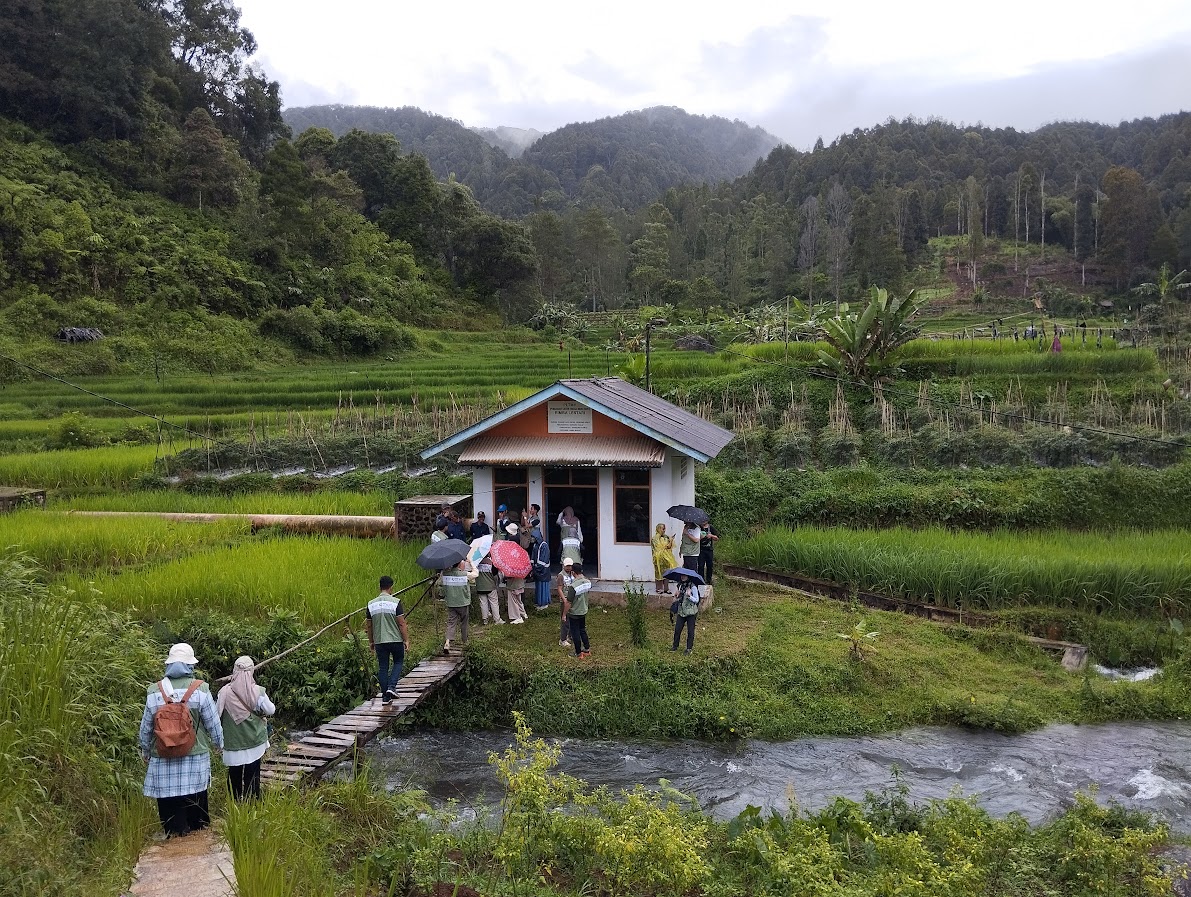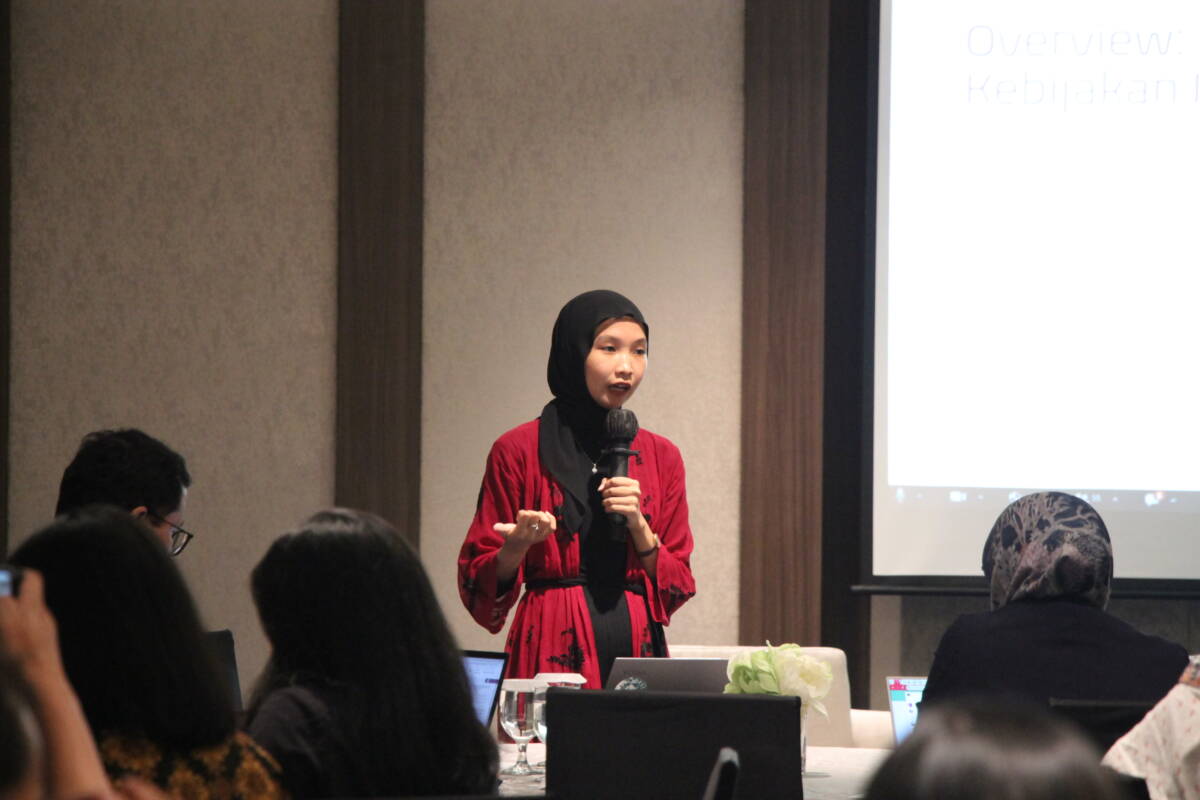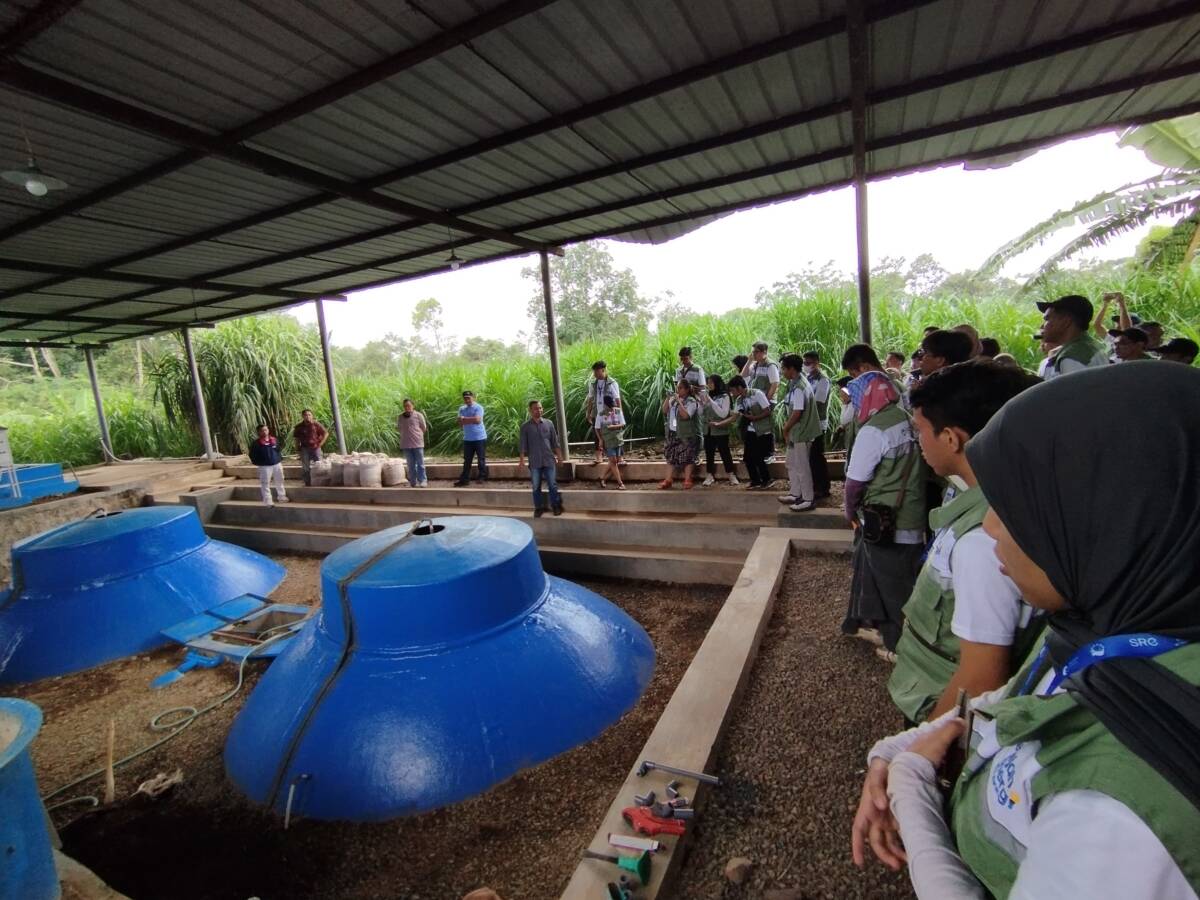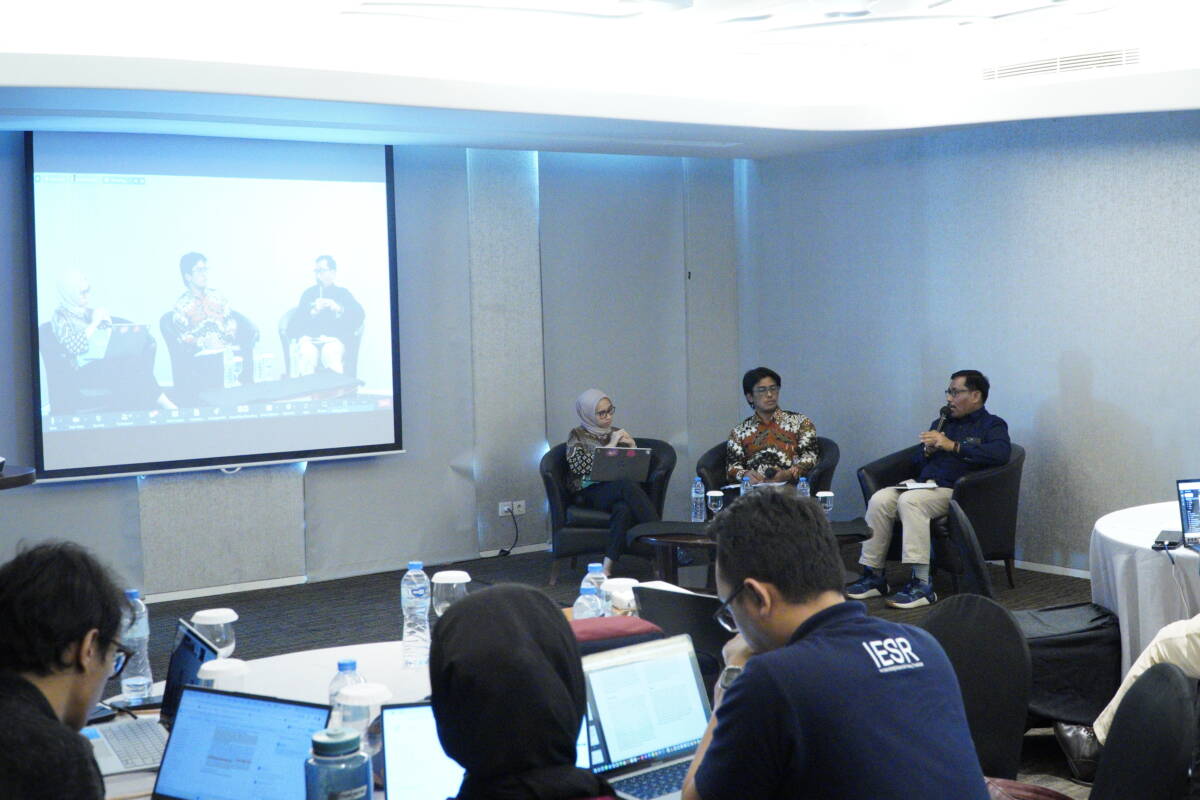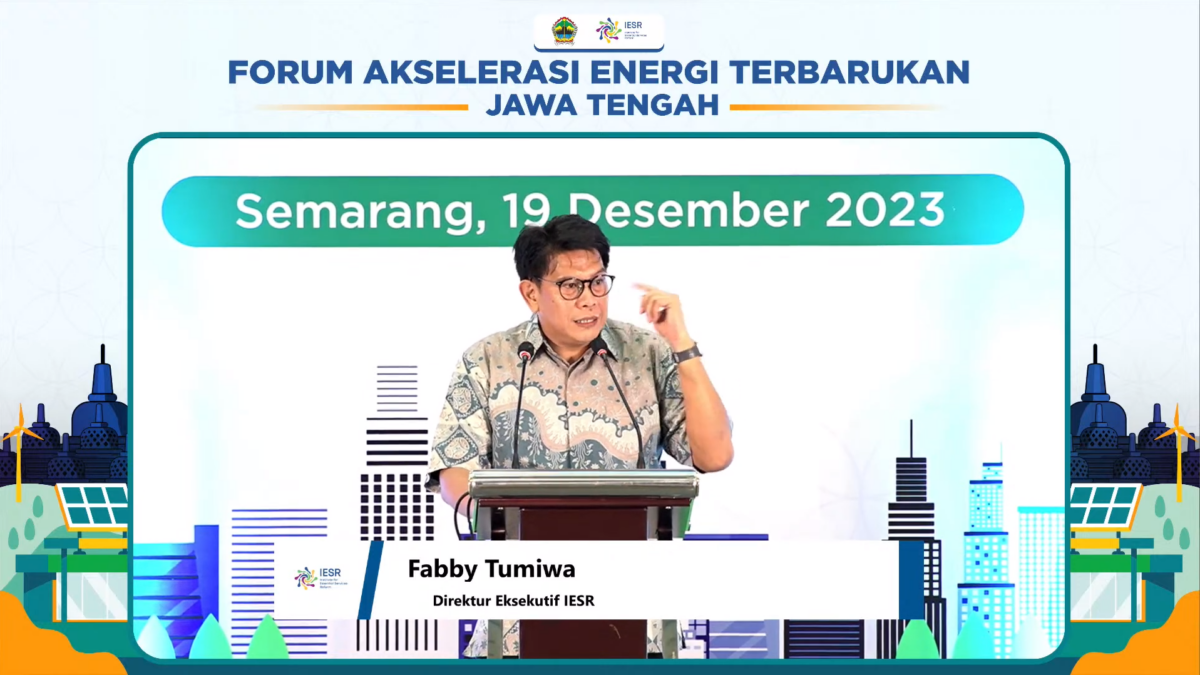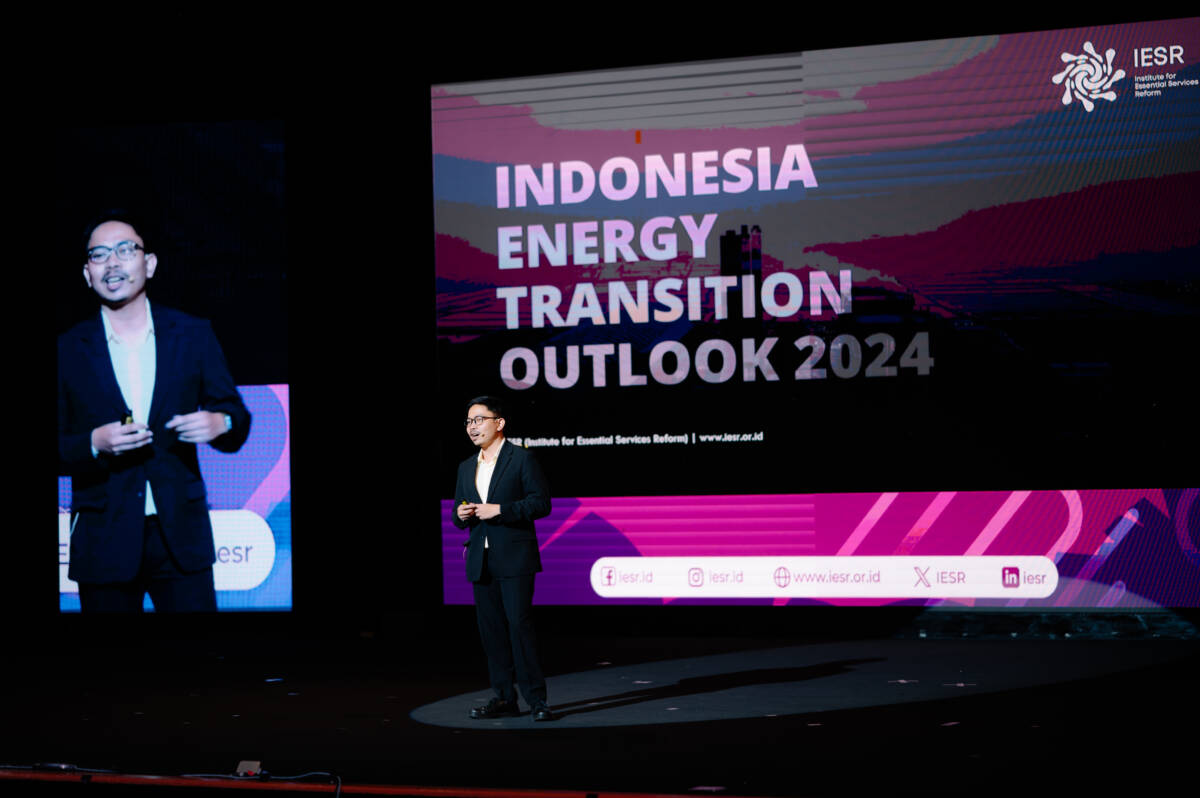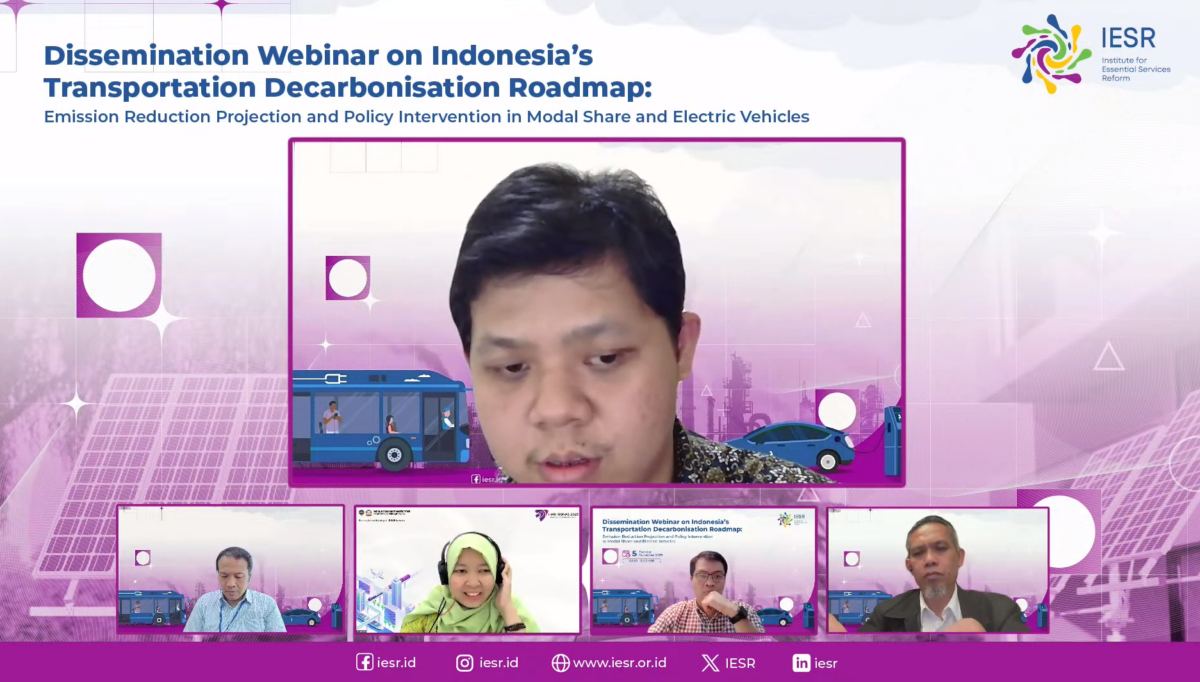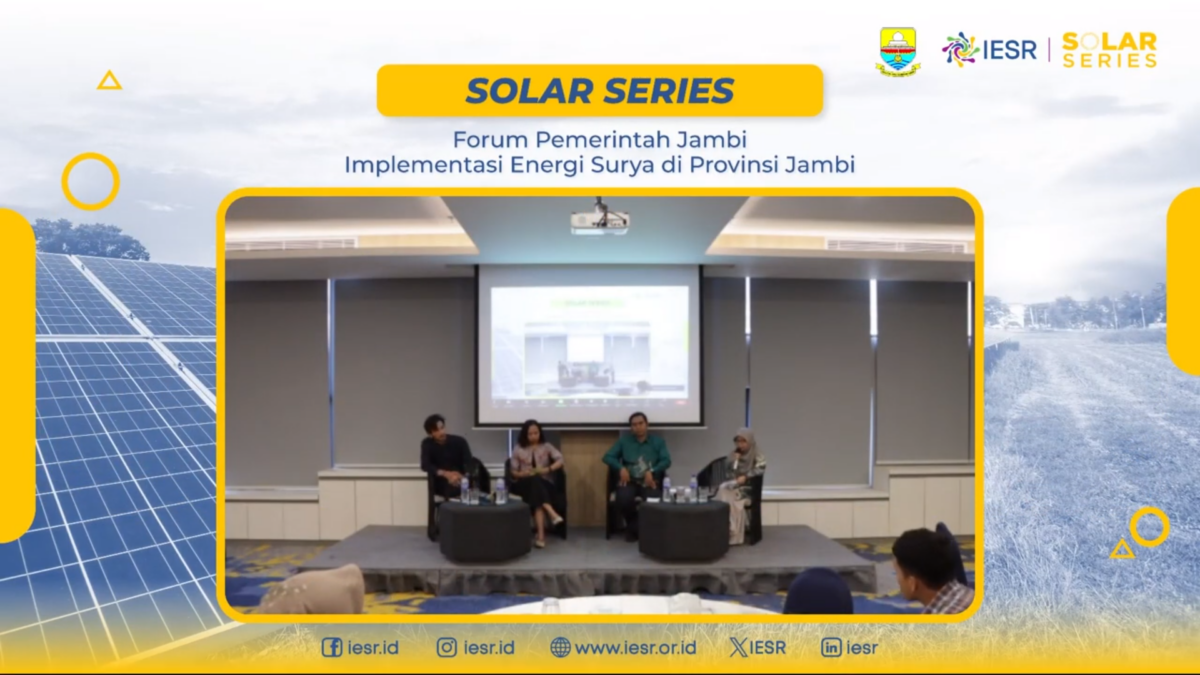Cirebon, 26 January 2024 - South Kesunean is one of the coastal areas in the Kasepuhan Village area, Lemahwungkuk District, Cirebon City. Located on the coast, the South Kesunean area experiences threats in the form of abrasion or tidal flooding. Realizing this, people of Kesunean Selatan started planting mangroves to prevent this abrasion.
The need…
